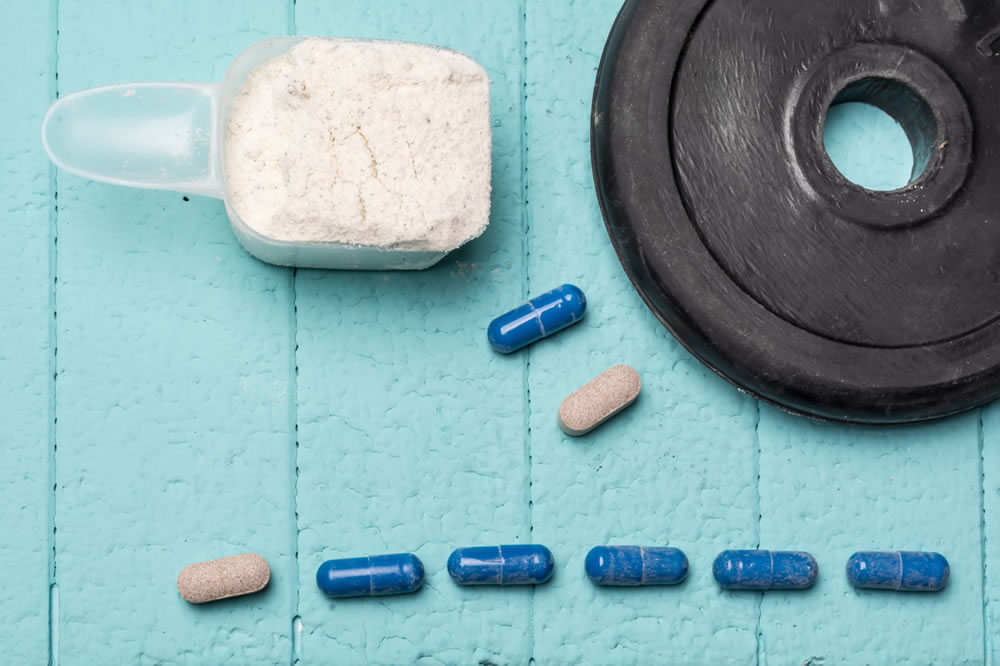On March 31st, the U.S. Food and Drug Administration (FDA) issued 14 warning letters to manufacturers that illegally included methylsynephrine, also known as oxilofrine, in illegal sports supplements. Soon after, Pieter Cohen, assistant professor of medicine at Harvard Medical School, and NSF International, published a study conducted in partnership with Harvard University and University of Mississippi in the journal Drug Testing and Analysis. The group found oxilofrine—a stimulant not approved for use in supplements—either disguised as another substance or not listed at all on dietary supplement bottle labels. This ingredient is said to pose a safety risk to consumers.
On April 7th, the president and CEO of the Council for Responsible Nutrition (CRN), Steve Mister, commented on thesestudy findings and released a statement describing it as “particularly troubling to responsible marketers of dietary supplements because they demonstrate once again that rogue companies will ignore the laws designed to protect consumers.”
Oxilofrine has been studied in animals and humans and found to affect the heart in a similar way as ephedrine, a compound banned by FDA in 2004 due to serious side effects. Oxilofrine is linked with symptoms including nausea, vomiting, tachycardia, chest pain and cardiac arrest.
Cohen expressed concern over young consumers in a press statement: “Adolescents who use these products might be placing themselves at risk of serious harm. The larger-than-adult doses we found might overstimulate their smaller, growing bodies.”
In other countries, a doctor may prescribe 24 mg or less of this ingredient to adolescents. But, Cohen found that the illegal supplements contained three times more than than amount.
According to the study, “27 brands of supplements labeled as containing a synonym of oxilofrine (‘methylsynephrine’) and found that oxilofrine was present in 14 different brands (52%) at dosages ranging from 0.0003 to 75 mg per individual serving. Of the supplements containing oxilofrine, 43% (6/14) contained pharmaceutical or greater dosages of oxilophrine. Following instructions on the label, consumers could ingest as much as 250 mg of oxilofrine per day.” Meanwhile, this pharmaceutical stimulant, when prescribed, is prescribed in dosages of 16 to 40 mg to stimulate the heart and increase blood pressure. This drug has also never been approved in the United States, nor is it allowable as a dietary supplement ingredient.
This is the fourth time in three years that the research team has found unapproved stimulants disguised in supplements as botanical ingredients and the CRN applauds the FDA “for taking action against companies breaking the law and potentially putting consumers at risk.” The CRN also expects the FDA to “move quickly and aggressively to the next steps available to it under the law to get these products off the market.”
Consumers are urged to follow the FDA’s advice in not using products containing methylsynephrine, oxilofine, or p-hydroxyephedrine. The fourteen most recent manufacturers to receive FDA warning letters were for:
-HyperDrive 3.0 (ALR industries)
-Ephedra Free Shredder (TBN Total Body Nutrition)
-Fastin (Hi-Tech Pharmaceuticals)
-Lean Pills (Line One Nutrition)
-Ephedra Free Tummy Tuck (TBN Total Body Nutrition)
-Methyl Drive 2.0 (ANS)
-Drop Factor (MTS Nutrition)
-Exile (AmericanMuscle Sports Nutrition Company)
-China White 25 Ephedra (Cloma Pharma Laboratories)
-Phenadrine (APS)
-Hypercor (Kat-a-lyst Nutraceuticals)
-MethylDrene 25 Ephedra Elite Stack (Cloma Pharma Laboratories)
-Miami Lean (Skyline Nutrition)
-Eliminator X (Rock Hard Body Sports Nutrition)
Published in WholeFoods Magazine Online, 4/13/16










